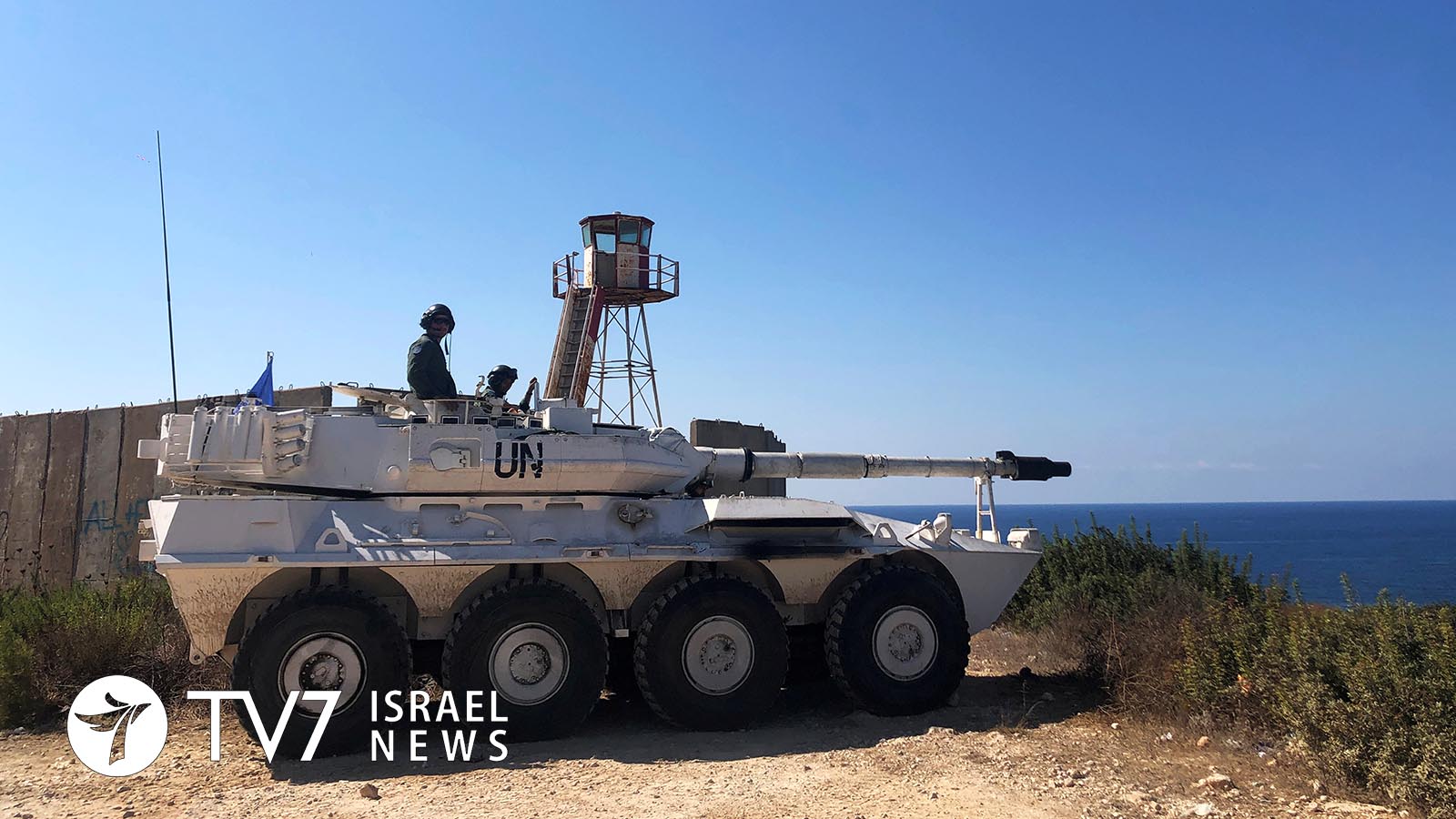Israel and Lebanon today held a third round of U.S.-mediated talks over their disputed border in the Mediterranean Sea, that has held up hydrocarbon exploration in the potentially gas-rich area.
The Israeli Energy Ministry released a statement in which it noted that the negotiations aim to “assess the possibility of reaching an agreement on demarcating the maritime border … in a manner enabling the cultivation of natural resources in the area.”
Delegations from the long-time foes, who are still in a formal state of war, reconvened at a United Nations Interim Force in Lebanon (UNIFIL) peacekeeper base in Naqoura.
The latest efforts follow a meeting between the sides yesterday, as well as an initial meeting earlier this month.
Sources familiar with the negotiations say that gaps between the sides remain wide, as both claimed larger amounts of territory than in the past. Beirut’s proposal, which has been published by local media, extends farther south than the border Lebanon presented to the UN years ago; while the Israeli team’s map pushes the boundary further north than the country’s original position.
The talks follow three years of diplomacy by the U.S. They also come after the United Arab Emirates and Bahrain agreed to establish full relations with Israel, under U.S.-brokered deals which realign some of Washington’s closest Middle East allies against Iran.
Remarking on the talks, Israeli Alternate Premier and Defense Minister Benny Gantz said, “I am hearing positive voices coming out of Lebanon, who are even talking about peace with Israel, who are working with us on things like determining maritime borders. These are blessed efforts.”
Gantz also leveled a warning against the Iranian-backed Hezbollah terror organization based just over Israel’s northern border. “The people of Lebanon needed to know that Hezbollah is their problem; not the State of Israel,” he said. Further cautioning that the IDF is prepared to for any Hezbollah attack against the Jewish State in which “Lebanon would ultimately pay the price,” the top Israeli defense official said he hoped “that moment never comes.”
Hezbollah represents a powerful political presence in Lebanon, where Saad al-Hariri is struggling to form a new government in accordance with a French initiative root out state corruption. This is the fourth time that Hariri will serve as the country’s premier.
